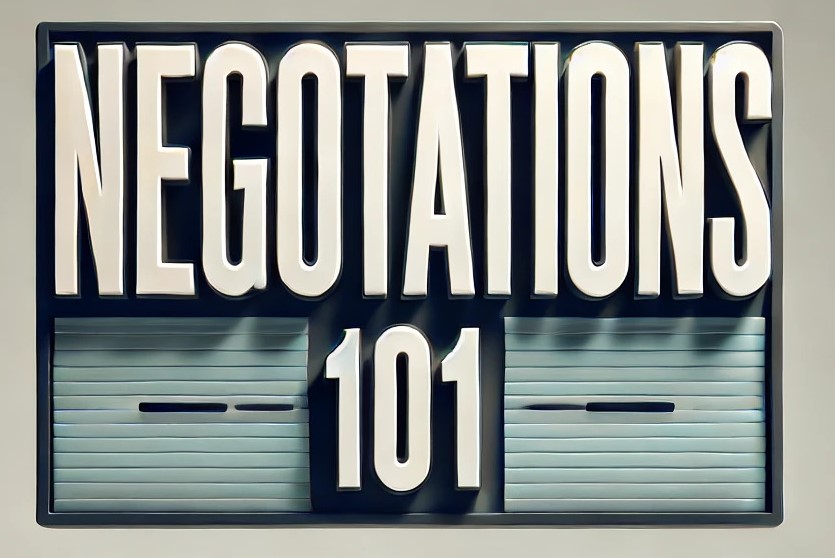
By klrw460 • July 12, 2024
Negotiations are an essential part of real estate transactions. Whether you’re a buyer, seller, or real estate agent, asking the right questions can significantly affect the outcome. Open-ended questions are compelling because they encourage detailed responses and foster a deeper understanding of the other party’s needs and motivations. In this blog post, we will explore some practical open-ended questions to ask during negotiations and provide tips on how to use them to achieve successful results.
Open-ended questions cannot be answered with a simple “yes” or “no.” Instead, they require the respondent to provide more detailed information, which can reveal their true intentions, concerns, and priorities. These questions are crucial in negotiations because they help uncover valuable insights, build rapport, and create opportunities for finding common ground.
1. Can you tell me more about your needs and priorities?
This question helps you understand what is most important to the other party. Knowing their priorities, whether they are focused on price, timeline, or specific property features, allows you to tailor your approach to meet their needs.
2. What are your main concerns about this deal?
Asking about concerns upfront can reveal potential obstacles that need to be addressed. It also shows that you care about resolving any issues and are willing to work towards a mutually beneficial agreement.
This question encourages the other party to articulate their goals and expectations. Understanding their perspective can help you frame your proposals to highlight the benefits for both sides.
4. What factors are most important to you in this negotiation?
By identifying the key factors driving the other party’s decisions, you can focus on addressing these aspects and avoid wasting time on less critical issues.
5. Can you explain your reasoning behind that offer?
When faced with an unreasonable offer, asking for its reasoning can provide insights into the other party’s thought process and open up opportunities for finding a middle ground.
6. What would make this deal work for you?
This question invites the other party to propose solutions and can lead to creative ideas that satisfy both sides. It also demonstrates your willingness to collaborate and find a win-win outcome.
7. How do you feel about the current terms we’ve discussed?
Checking in on the other party’s feelings and reactions can help gauge their satisfaction with the negotiation’s progress and identify any lingering issues that need to be addressed.
8. What would you like to see happen next?
This question helps clarify the following steps and ensures that both parties are aligned on the path forward. It also shows your commitment to moving the negotiation towards a successful conclusion.
- Be Prepared:
- Listen Actively:
- Stay Neutral:
- Follow Up:
- Be Patient:
- Adapt to the conversation:
- Build rapport:
Use open-ended questions to build rapport and establish a positive relationship with the other party. Show empathy and understanding, and express a genuine interest in finding a solution for everyone.
Effective negotiation requires more than just solid arguments and persuasive tactics. Asking the right open-ended questions can unlock valuable insights, uncover hidden needs, and pave the way for successful outcomes. Incorporating the queries and tips outlined in this blog post into your negotiation strategy can enhance your communication skills, build stronger relationships, and achieve better results in your real estate transactions.

